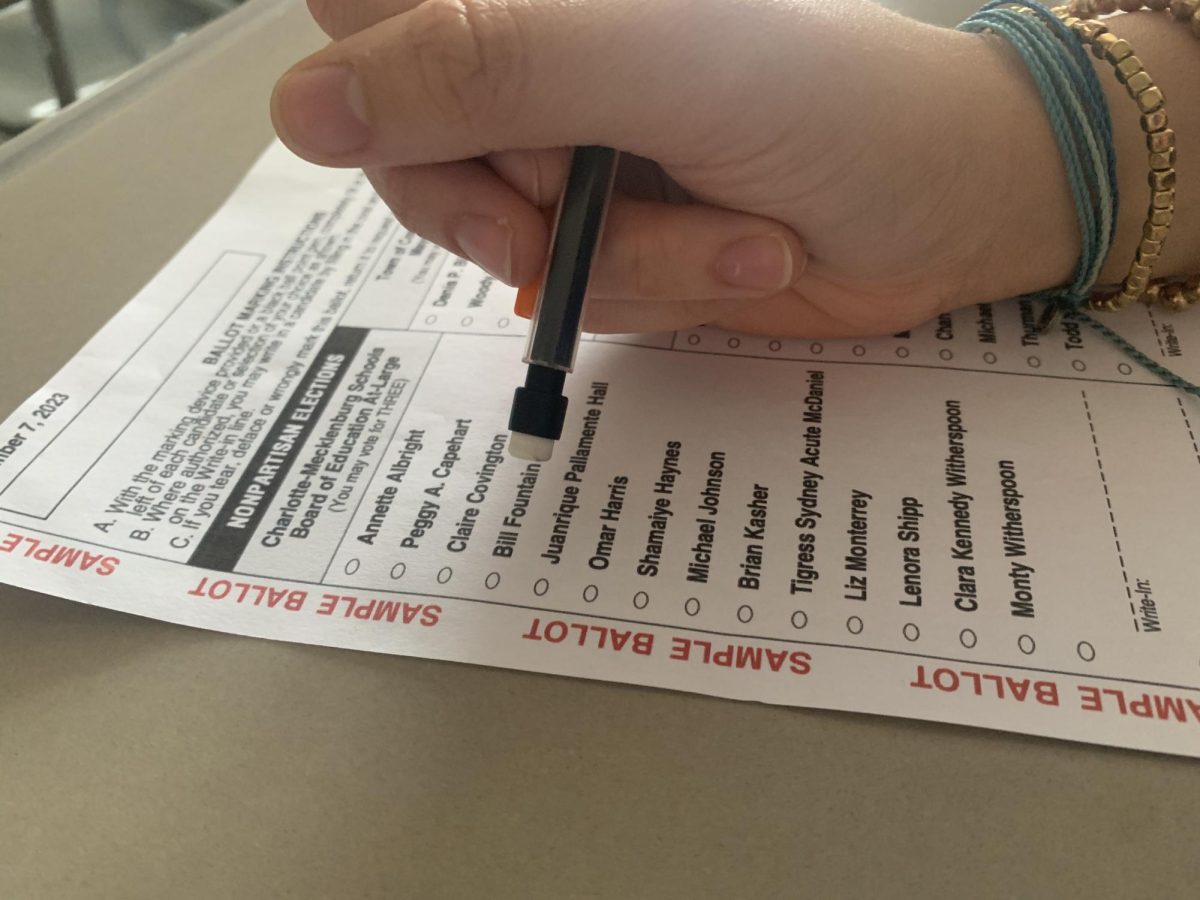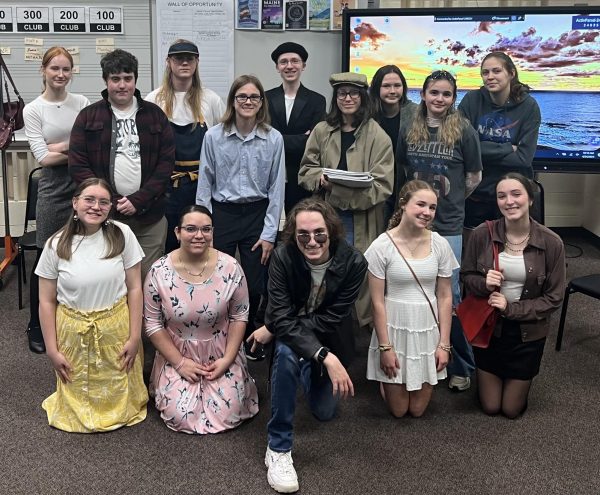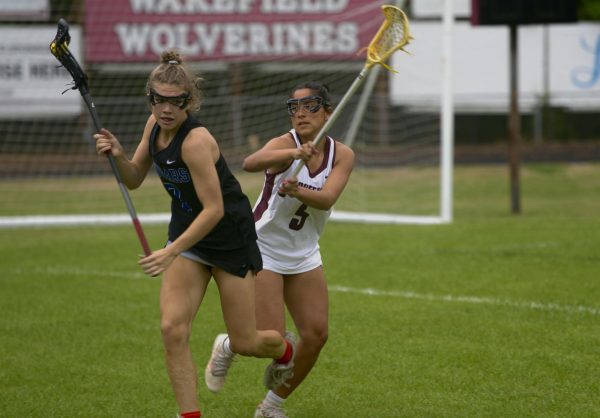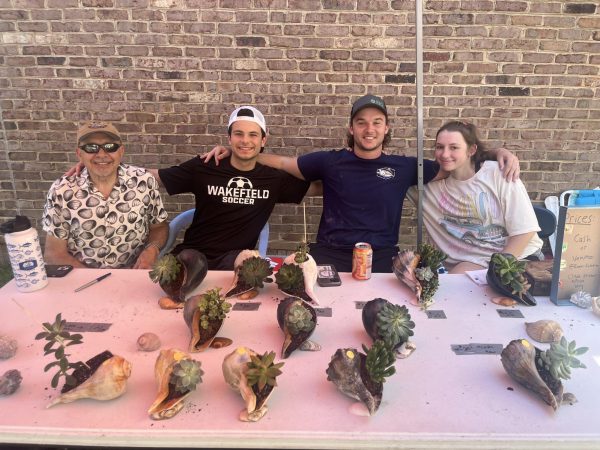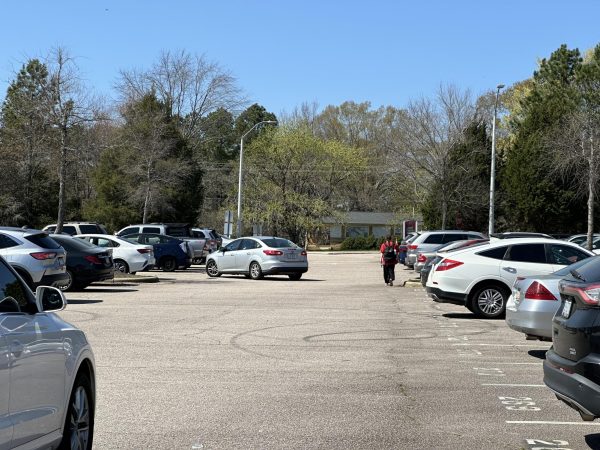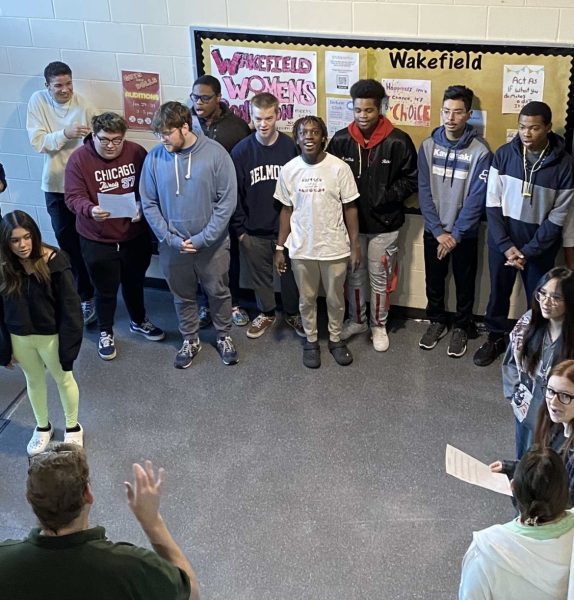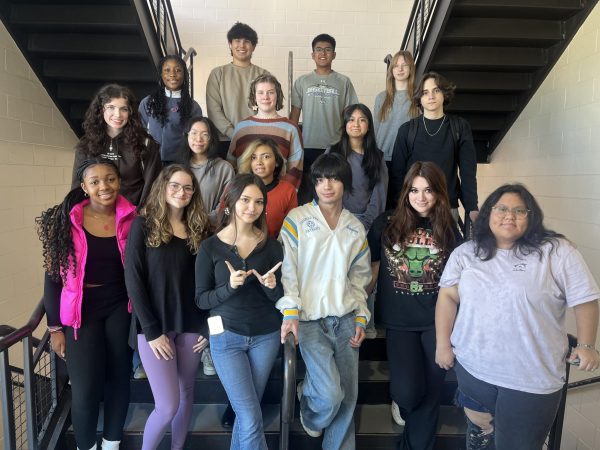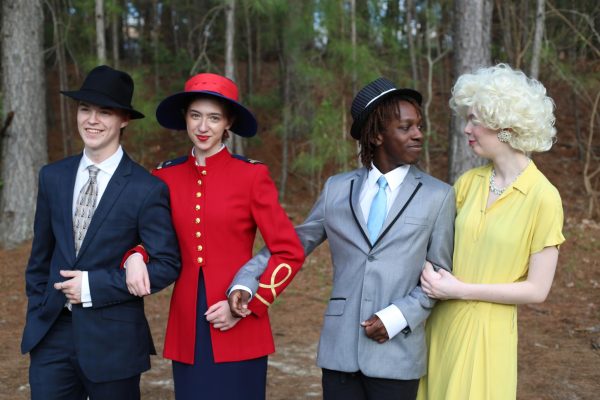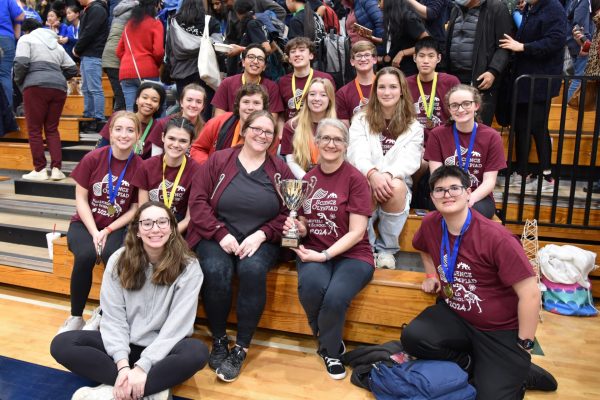Teenagers serve and sentence at Capital Area Teen Court
November 6, 2014
In society, there are laws in place to serve for the better of everyone. If a person breaks that law, they have to prove their case to be found innocent or guilty, or face the penalty of their crime. In courts, there are lawyers, a jury, and a judge. Lawyers prove the defendant’s case, a jury decides the defendant’s fate, and the judge makes sure justice is served and order is kept. Capital Area Teen Court shows the youth of Wake County that they can do it too.
Capital Area Teen Court is an alternative for first-time teenage offenders of misdemeanors ages nine to eighteen to be sentenced by peers of the same age. The teenagers who admit their guilt are ‘diverted’ to Capital Area Teen Court. An adult judge presides over the case, but the lawyers, bailiffs, jurors, and the defendant are teenagers. The jury hears evidence and arguments presented by lawyers on each side and chooses from a menu of penalties devised to teach consequences and responsibility that can ‘redirect’ youth from committing another crime.
“Capital Area Teen Court’s purpose is to try and prevent more teenagers from [committing crimes],” said Alyssa Leyble, a junior who participates in Capital Area Teen Court, “Their peers are there deciding for them and helping them get better.”
Capital Area Teen Court provides an opportunity to learn about law.
“Students can learn about law through Capital Area Teen Court, definitely,” said Samuel Bliga, a Law and Justice teacher.
Capital Area Teen Court offers everyone in the community the opportunity to get involved in fair and reasonable sentencing of minors and provides all youth with the opportunity to develop meaningful problem solving skills and participation in an actual court process; also providing the chance to be a lawyer, bailiff, or juror.
“I heard about it, and I’m really interested about being a lawyer when I grow up,” said Leyble, “I want to experience what it actually feels like to become a lawyer.”
Teenagers who volunteer as lawyers must go through training, but not the three years it takes to be an actual lawyer.
“You email or call the volunteer center, and there are three days of training,” said Leyble, “Then they will send you the case you will have and you work with those people.”
Instead of appearing in court everyday, a volunteer lawyer has to appear in Capital Area Teen Court only every other Tuesday a month.
Capital Area Teen Court creates an understanding between youth rather than a more impersonal court case where the jury decides if the defendant is innocent or guilty and think less of it .
“It promotes that we as other teenagers understand what they are going through, and we are not going to judge them for what they did,” Leyble said, “We would learn from it as other teenagers.”
Readers interested in learning more or volunteering for Capital Area Teen Court should visit the website at http://www.capitalareateencourt.org/.




